GROUNDWATER CRISIS
Malawi’s groundwater — the lifeline for over 80% of the population — has dropped from 1,102 m³ in 2023 to 1,044 m³ in 2024. This brings us dangerously close to the international water-scarcity threshold of 1,000 m³ per person per year.
2025 Annual Economic Report

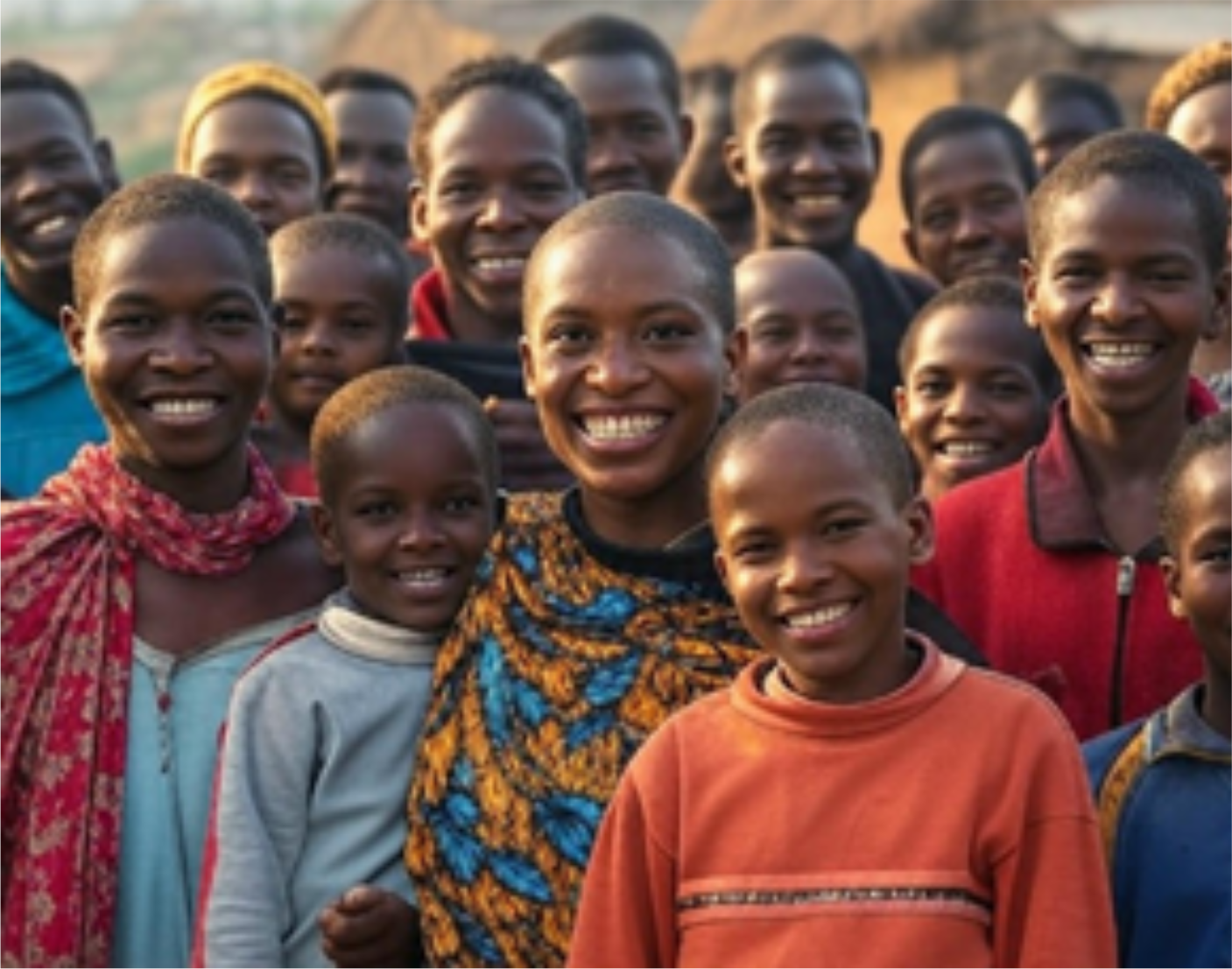
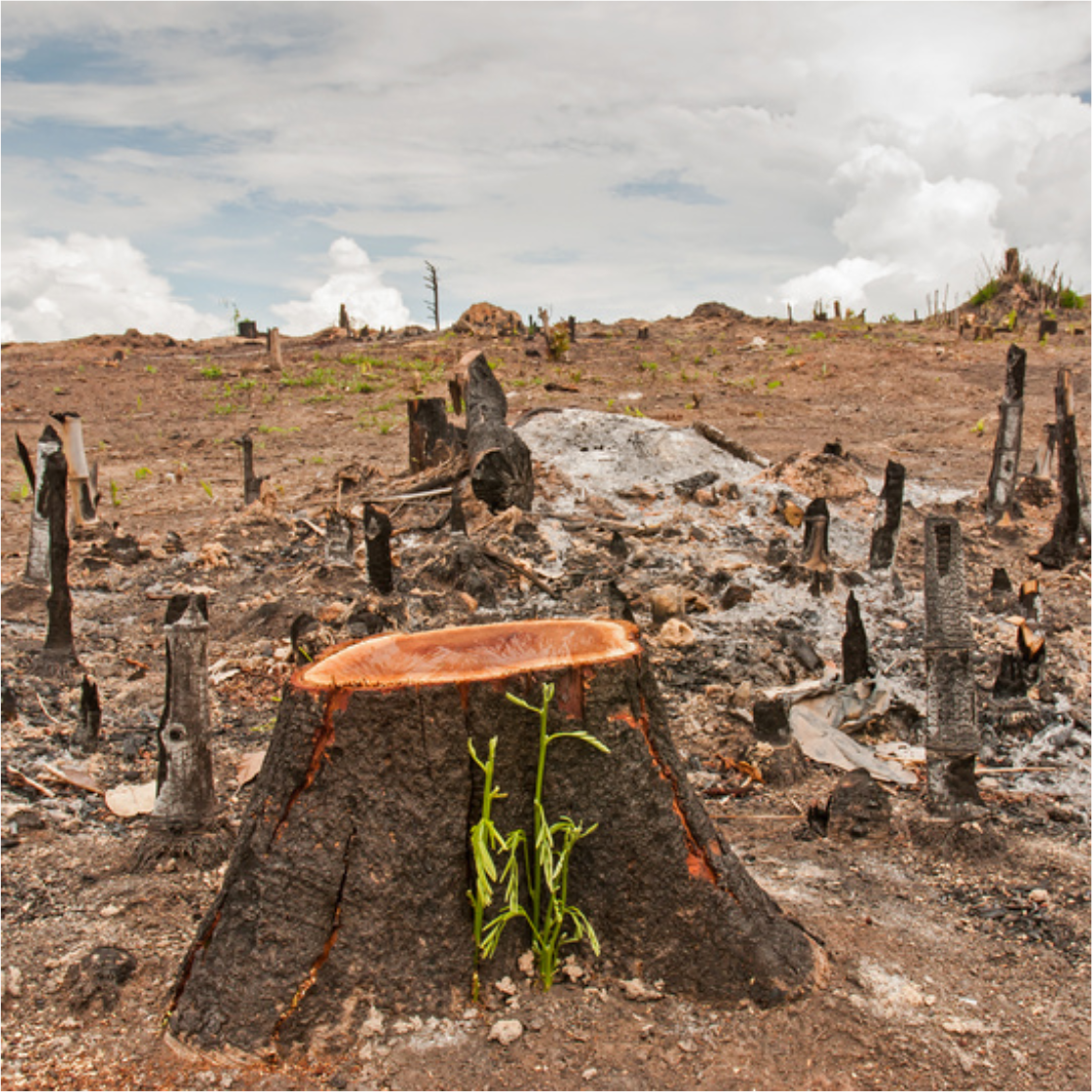


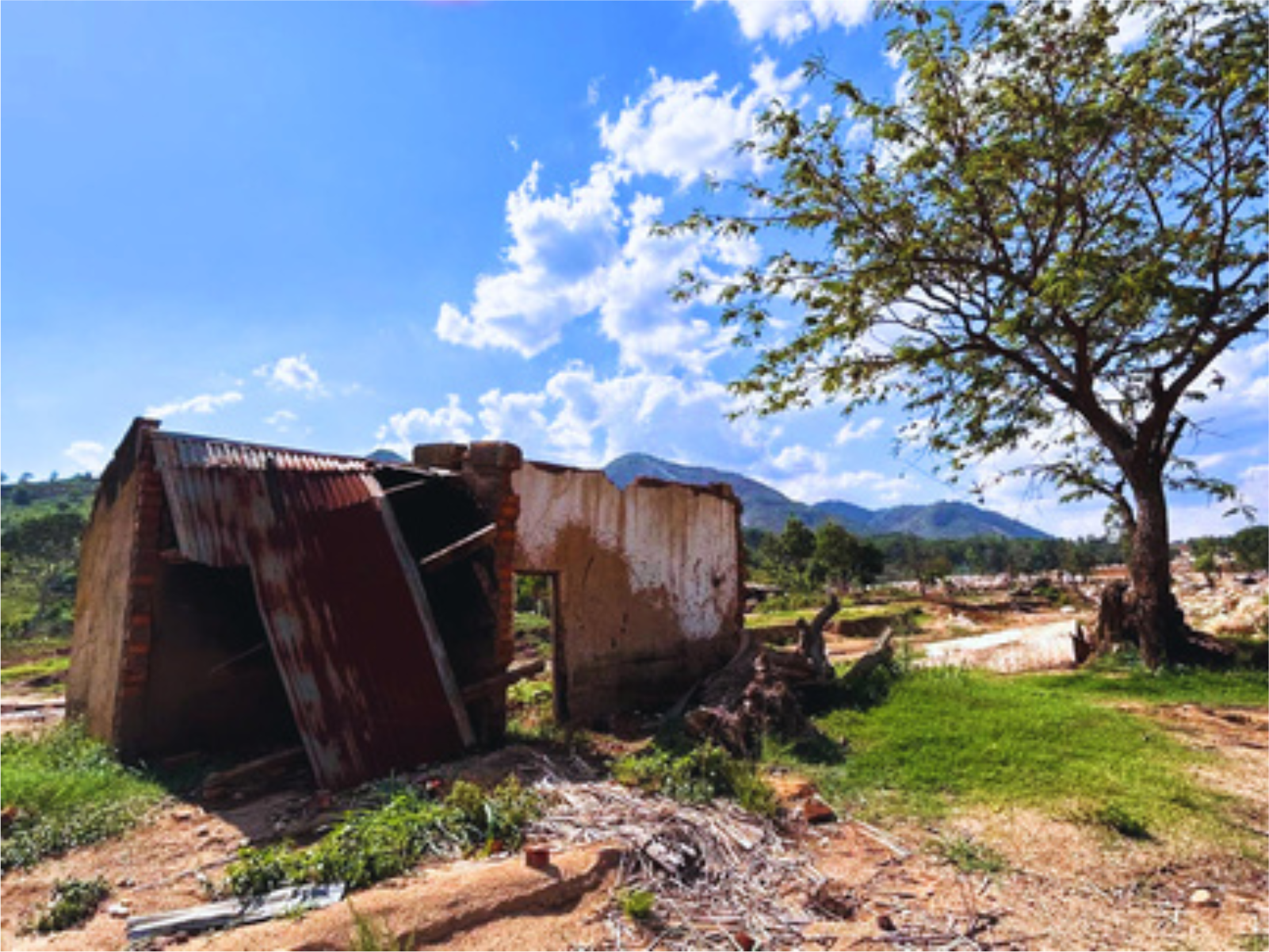

Extreme Weather Events
Malawi is facing a harsh new climate reality—cyclones, floods, and droughts are hitting harder and more often. These disasters displace families, wreck homes, and wipe out water systems. Pipes, pumps, and boreholes are destroyed, rebuilt, and destroyed again—locking communities in a brutal cycle of recovery. This cannot continue. With scarce resources and rising threats, Malawi needs urgent, bold investment in climate resilience to protect lives, defend the right to safe water, and end this cycle once and for all.
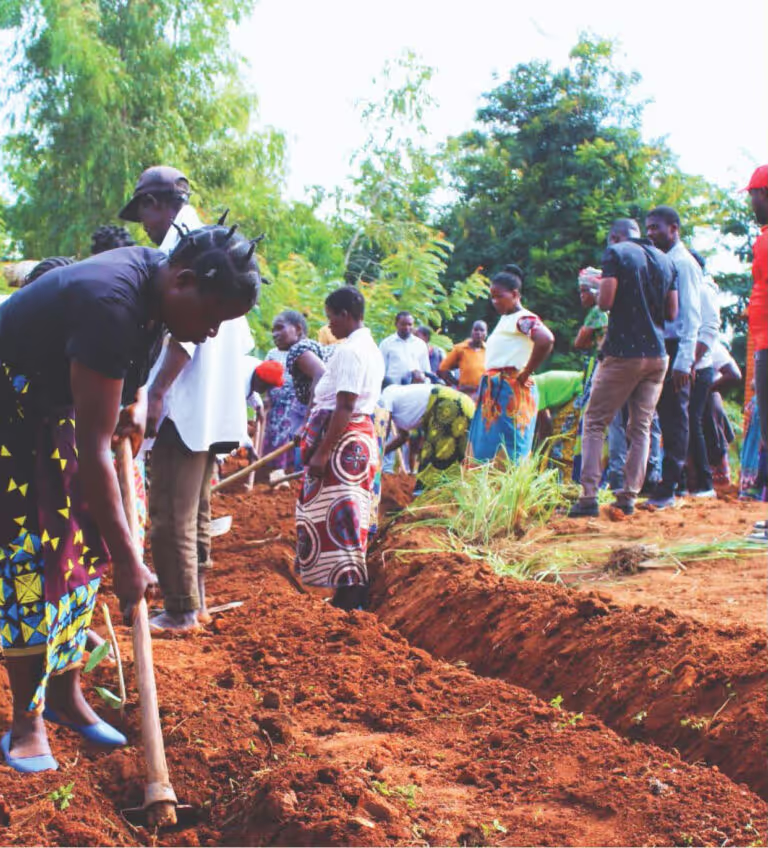
Degraded Catchments and Limited Recharge
In the 1970s, Malawi had around 4,000 boreholes—today, that number exceeds 62,000, revealing surging groundwater demand. Yet recharge is falling fast due to deforestation, erosion, and erratic rains. Tree planting alone hasn’t restored degraded catchments because communities lack incentives. Without ownership or clear benefits, conservation efforts fail—and boreholes run dry. This crisis won’t fix itself. We must invest in bold, community-led solutions that link ecosystem restoration with real livelihoods and lasting rewards. Only then can we protect groundwater and secure water for the future.
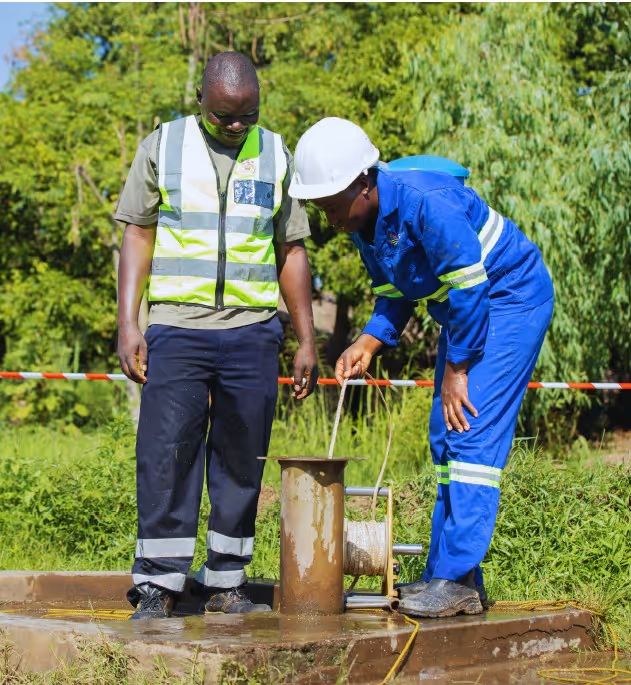
Fragmented Groundwater Data Flows
Monitoring wells are vital for tracking groundwater and warning of depletion—critical in water-stressed Malawi. Yet over 80% lie broken due to vandalism, neglect, and weak community ownership. Data is scattered, rarely reaching decision-makers when it matters most. This failure puts lives and water security at risk. We must act now: rebuild the system with strong local engagement, clear value for communities, and seamless data flow from village to national level. Groundwater can’t be protected if we’re flying blind.
.avif)
Limited Technical Capacities
In Malawi, local governments often lack the technical skills to supervise borehole drilling. Most frontline staff aren’t trained in groundwater development and can’t enforce standards. While drillers are blamed for poor work, many face unfair contracts that push them to cut corners. On top of that, access to clear, locally relevant groundwater information is limited. The result? Poorly built boreholes that fail and erode public trust in safe water. This broken system must be fixed—with proper training, fair contracts, strong accountability, and clear groundwater standards.

